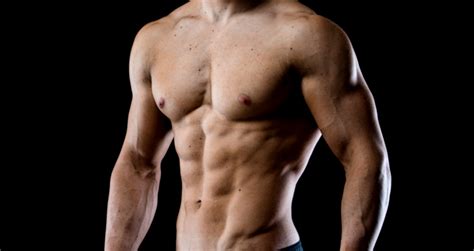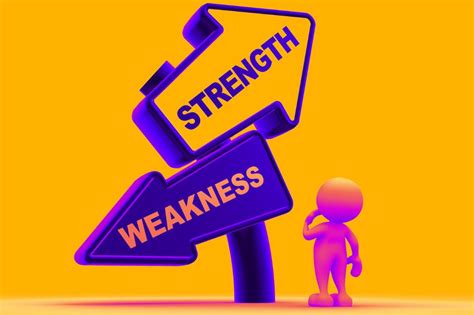Naturally boost testosterone for peak male performance & strength?

Understanding Testosterone and Its Importance
Testosterone, the primary male sex hormone, plays a pivotal role in more than just libido. It’s crucial for muscle mass and strength, bone density, fat distribution, red blood cell production, and even mood and energy levels. As men age, testosterone levels naturally decline, but various lifestyle factors can also contribute to suboptimal levels, leading to symptoms like fatigue, decreased muscle mass, increased body fat, reduced sex drive, and mood disturbances. The good news is that many natural approaches can significantly impact your body’s ability to produce and maintain healthy testosterone levels.
The Foundation: Nutrition and Diet
What you eat directly impacts your hormonal balance. A diet rich in whole, unprocessed foods is key. Focus on a balanced intake of macronutrients: healthy fats, quality proteins, and complex carbohydrates.
- Healthy Fats: Crucial for hormone production. Include sources like avocados, nuts, seeds, olive oil, and fatty fish (salmon, mackerel) rich in Omega-3s.
- Protein: Essential for muscle repair and growth, which indirectly supports testosterone. Lean meats, poultry, eggs, and legumes are excellent choices.
- Complex Carbohydrates: Provide energy for workouts and overall bodily functions. Whole grains, fruits, and vegetables are preferable to simple sugars.
Micronutrients also play a significant role. Zinc, found in oysters, red meat, and pumpkin seeds, is vital for testosterone synthesis. Vitamin D, often called the ‘sunshine vitamin,’ is a steroid hormone precursor and has been strongly linked to testosterone levels. Magnesium, found in leafy greens and nuts, also supports free testosterone.

Exercise for Hormonal Optimization
Regular physical activity, particularly certain types of exercise, is a powerful testosterone booster. It not only helps maintain a healthy weight (reducing body fat which can convert testosterone into estrogen) but also directly stimulates hormone production.
- Strength Training: Lifting weights or resistance training is perhaps the most effective exercise for increasing testosterone. Focus on compound movements like squats, deadlifts, bench presses, and rows that engage large muscle groups. Aim for consistency and progressive overload.
- High-Intensity Interval Training (HIIT): Short bursts of intense exercise followed by brief recovery periods have also been shown to increase testosterone levels. This can be incorporated into cardio routines.
- Avoid Overtraining: While exercise is good, excessive endurance training or overtraining without adequate recovery can actually decrease testosterone and increase cortisol (stress hormone). Listen to your body and prioritize recovery.

The Power of Quality Sleep
Sleep is often an overlooked pillar of hormonal health. Testosterone is primarily produced during deep sleep. Chronic sleep deprivation can significantly lower your testosterone levels, impacting everything from energy to cognitive function.
- Aim for 7-9 Hours: Most men need 7-9 hours of quality sleep per night.
- Establish a Routine: Go to bed and wake up at roughly the same time each day, even on weekends.
- Optimize Your Sleep Environment: Make your bedroom dark, quiet, and cool. Avoid screens (phones, tablets, TVs) at least an hour before bed.

Stress Management and Lifestyle Factors
Chronic stress is a major enemy of testosterone. When stressed, your body releases cortisol, which has an inverse relationship with testosterone – high cortisol often means lower testosterone. Managing stress is crucial for maintaining hormonal balance.
- Mindfulness and Meditation: Practices like meditation, deep breathing exercises, and yoga can significantly reduce stress levels.
- Hobbies and Relaxation: Engage in activities you enjoy to unwind and de-stress.
- Limit Alcohol and Tobacco: Excessive alcohol consumption and smoking are known to negatively impact testosterone production.
- Avoid Endocrine Disruptors: Be mindful of exposure to chemicals in plastics (BPA), pesticides, and certain personal care products, which can interfere with hormone function.

Supplements and When to Consider Them
While lifestyle changes are the most impactful, certain supplements can offer additional support, especially if you have a deficiency or specific needs. Always consult with a healthcare professional before starting any new supplement regimen.
- Vitamin D: If sun exposure is limited, a high-quality Vitamin D3 supplement can be beneficial.
- Zinc & Magnesium: If dietary intake is insufficient, these mineral supplements can help.
- Ashwagandha: An adaptogenic herb that has shown promise in reducing stress (cortisol) and increasing testosterone in some studies.
- Fenugreek: Some research suggests it can help improve testosterone levels and libido.
Remember that supplements should complement a healthy lifestyle, not replace it. They are most effective when combined with proper nutrition, exercise, and adequate sleep.

Conclusion
Achieving peak male performance and strength naturally through optimized testosterone levels is a holistic endeavor. It requires a commitment to a balanced diet, consistent and effective exercise, sufficient quality sleep, and diligent stress management. By integrating these key pillars into your daily life, you can empower your body to produce and maintain healthy testosterone levels, leading to improved energy, muscle mass, mood, and overall vitality. Always remember to consult with a healthcare professional before making significant lifestyle changes or starting new supplements, especially if you suspect you have very low testosterone or underlying health conditions.









